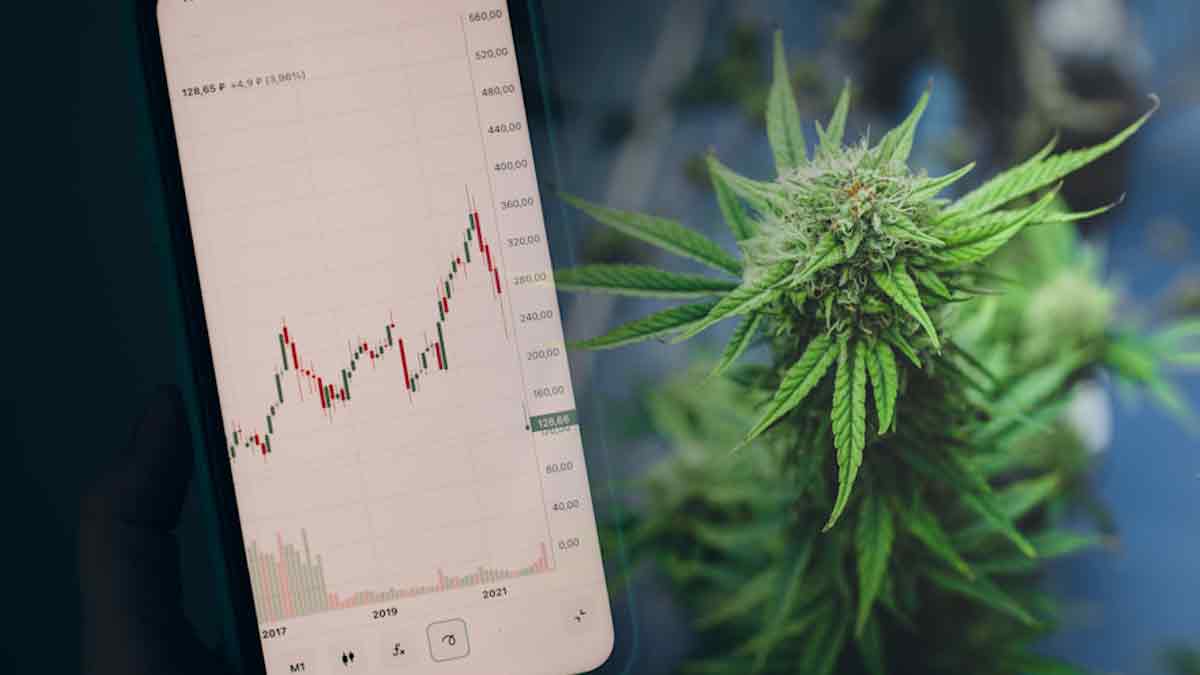American political leaders around the country are casting about for a policy response to the widespread abuse of opioid painkillers that doesn’t replicate the mistakes of past punitive approaches to drug use.
Now, Sen. Elizabeth Warren has thrown her clout into that push for solutions – and in a way that underscores the injustices of the War on Drugs over the past several decades.
Warren is asking the Centers for Disease Control and Prevention to research how medical and recreational marijuana might help alleviate the opioid epidemic. In a letter sent Monday to CDC head Dr. Thomas Friedan, Warren urged the agency to finalize its guidance to physicians on the dos and don’ts of prescribing oxycodone, fentanyl, and other popular drugs in this category.
She also went further, asking Friedan “To explore every opportunity and tool available to work with states and other federal agencies on ways to tackle the opioid epidemic and collect information about alternative pain relief options.” Those alternatives should include pot, Warren wrote. She went on the ask Friedan to collaborate with other federal health agencies to investigate how medical marijuana is or isn’t working to reduce reliance on highly addictive prescription pills, and to research
“The impact of the legalization of medical and recreational marijuana on opioid overdose deaths.” Researching marijuana is fraught for federal agencies because the drug remains a schedule 1 controlled substance, the most restrictive category within American drug law.
The classification is reserved for drugs with “No medically accepted use,” a designation that makes less and less sense as more and more states legalize marijuana for medical use.
The federal scheduling also makes it onerous for researchers to work on answering the kinds of questions Warren raised in her letter, a reality that helped drive the centrist Brookings Institute to call for the drug to be reclassified as a schedule 2 drug in a report last October – a schedule that includes prescription drugs like Adderall and Ritalin.
It’s a sign of progress compared to the mandatory minimum sentencing laws and focus on aggressive law enforcement that marked past drug panics, but it’s also got racial overtones that are hard to ignore.
Regardless of the rationale behind the shift toward more benevolent anti-drug policies related to opioids, the crisis will probably help advance the fight to loosen America’s pot laws too. The attention now being paid to opioid abuse “Has been a key factor in opening previously closed minds,” Cannabis Now notes – including Warren’s own.
Rising scrutiny of opioid use is having other, stranger effects too.
With the high-powered painkillers booming in popularity, drug makers have little need to advertise them. Super Bowl viewers were treated to a very expensive promo Sunday night for a drug designed to alleviate the constipation that heavy opioid use can cause. The drug, an AstraZeneca invention called Movantik, may be a sign that doctors are not just overprescribing opioid painkillers in general, but specifically dishing them out to the wrong kind of patients.
MAPH Enterprises, LLC | (305) 414-0128 | 1501 Venera Ave, Coral Gables, FL 33146 | new@marijuanastocks.com










